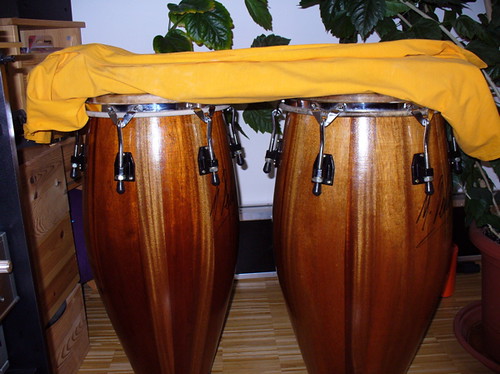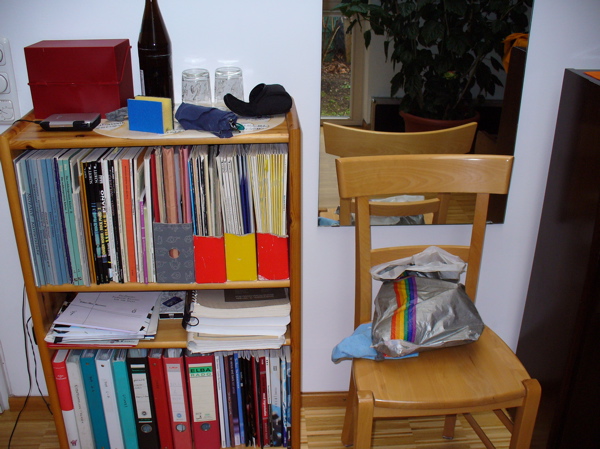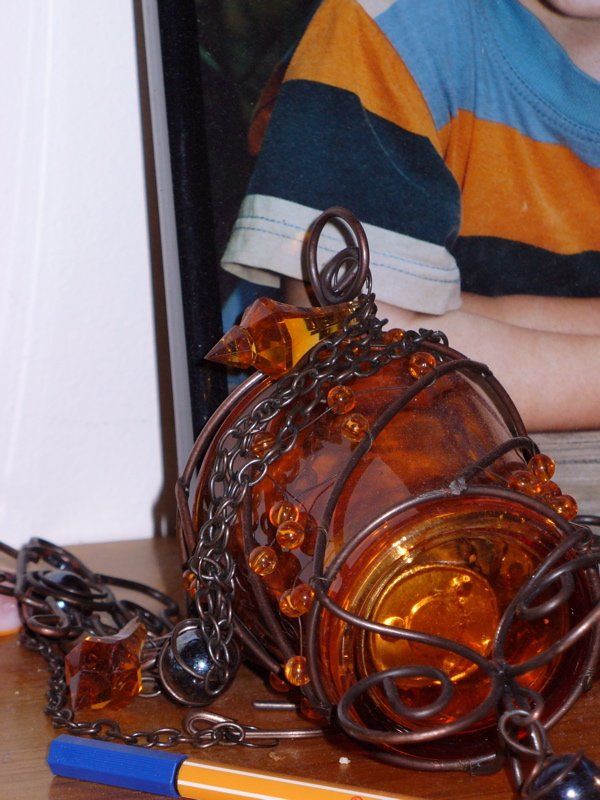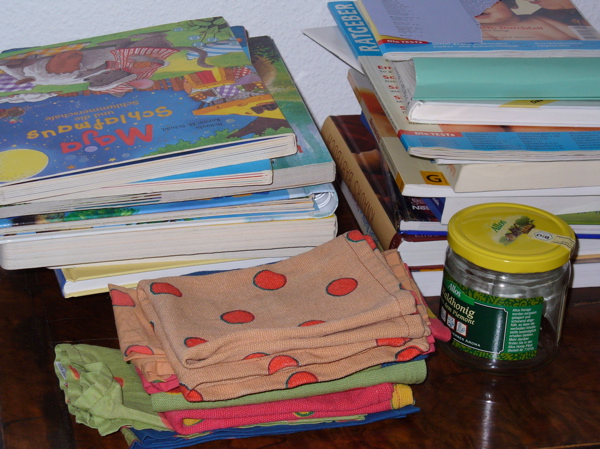January is almost over and I still have to write my social issue post. I promised, so I deliver. When I was a child and young adult there just were no handicapped people visible. The only one I knew was my cousin. She had a hole in her heart and when the doctors operated to fix that they found out that everything was connected to the wrong place and so they had to leave it open. She always had a very bluish tinge and her left arm was paralyzed. We didn’t meet often, she was about five years older than I and there was only one year when we visited each other and talked. I never understood why my mother always whispered when talking about her. To me she was my cousin. Different yes, but then everybody is, in a way. Nobody told me that she had been living on supposedly borrowed time since birth. When she died at the age of 30 she had lived far longer than expected.
Apart from that I was one of those people who shy away from people in wheelchairs on the subway thinking, “I hope he doesn’t ask me to help him, I hope he doesn’t ask me.” And then I was unemployed after my last ever office job, knowing I’d never work in a place like that again, looking for a job in my own field. I was so desperate I even considered teaching. With hindsight I say that was the best move I ever made, but then it seemed terrifying. A friend of mine worked as a music teacher for grades 7 to 12 in a private school. She got pregnant and looked for somebody doing her job while she was on maternity leave. I really needed a job, but teaching? In a school? And in a private school with 60% of physically handicapped students? “But what shall I do?” I asked, “I don’t know how to help them. I never had anything to do with handicapped people.” She told me not to worry. Those people were very used to tell others how to help them. They do it all the time.
It’s a very small school, only 14 students per class. And I taught music there and found out that I love teaching music but that I am no longer able to work in a hierarchic system. Some of the students I liked and some I didn’t like. It is a marvelous school. they have helpers for those of the students who can’t do things on their own like eat, go to the bathroom or write. We had students with all kinds of handicaps from all over the country. Suddenly I found out that even Germany where there are many regulations and everything has to have access for wheelchairs is not as friendly as I thought.
Daily contact with people with muscular dystrophy, spasticity, paraplegia, osteogenesis imperfecta, spina bifida, and whatever changed my attitude a little. The first time I heard a fellow teacher saying, “Oh, he’s only a paraplegic, he can do everything on his own.” I was a little speechless. But compared to others… Nowadays when I meet somebody in a wheelchair in the subway I can see, if he’s a paraplegic, basketball-playing in a sports-wheelchair who is perfectly capable of maneuvering his wheelchair up the escalator, and probably stronger than me or if it’s somebody who’d like to have a little help pushing the button that opens the door.
And I found out that handicap or not, we all are just people. Not knowing how one can help certainly is no excuse for looking away. If you were handicapped like, let’s say, you broke your foot and are on crutches, or you broke both feet and are in a wheelchair, would you find it acceptable if people looked away because they were afraid of doing something wrong when helping? Would you find it acceptable for people to rush past you not helping you to maneuver your wheelchair out of the subway? Would you like to stay at home always, because you can’t drive a car or push a grocery cart on your own?
There’ll be a second part to this post, because again, I am under time restrictions here, but for today I have a task for you: when you’re out today, try to look out for people who might need a little help. Or even if they don’t need your help at all, just make eye contact, smile and treat others as equal human beings.
Thank you. End of sermon for today.
Technorati Tags: handicap, social justice










